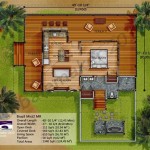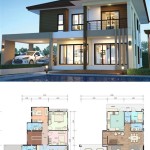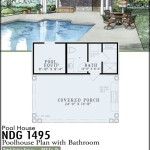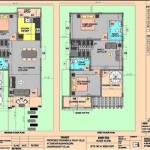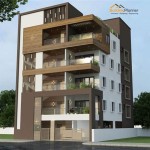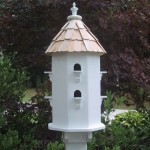Essential Aspects of Best Floor Plans for Tiny Houses
Tiny houses offer a sustainable and cost-effective alternative to traditional housing, but designing an efficient and functional floor plan is crucial to maximize space and comfort. Here are the essential aspects to consider when planning the layout of a tiny house:
1. Space Planning and Verticality
Every square foot in a tiny house is valuable, so optimizing space is essential. Consider verticality by incorporating lofts, built-in shelves, and storage units that extend upwards. Utilize multi-functional furniture, such as a sofa bed or a dining table that converts into a workspace.
2. Efficient Kitchen Design
The kitchen is a vital space in any home, and tiny houses require smart planning. Opt for compact appliances, such as a microwave oven instead of a full-sized oven. Install foldable or retractable countertops to gain additional prep space when needed.
3. Smart Storage Solutions
Storage is key in tiny houses. Incorporate built-in storage under stairs, in closets, and in the walls. Utilize vertical space by installing shelves and racks. Consider hidden storage solutions, such as under-bed drawers or pull-out baskets.
4. Natural Light and Ventilation
Even small spaces benefit from natural light and proper ventilation. Position windows strategically to maximize daylight and minimize the need for artificial lighting. Consider cross-ventilation to ensure airflow and reduce moisture buildup.
5. Open Floor Plans
Open floor plans create a sense of spaciousness and allow for flexibility in furniture arrangement. Consider incorporating dividers or screens to create separate areas while maintaining an open feel.
6. Bathroom Design
Bathrooms in tiny houses can be compact but functional. Utilize space-saving fixtures, such as a composting toilet or a small shower stall. Consider installing a pocket door to save space. Incorporate storage solutions, such as a vanity with drawers or a mirror with built-in shelves.
7. Sleeping Arrangements
Sleeping arrangements should be comfortable and space-efficient. Consider a loft bed to create additional floor space. Utilize Murphy beds or trundle beds that can be folded or hidden away when not in use.
8. Outdoor Living Space
Even in tiny houses, outdoor space can be incorporated. Consider a small deck or patio for relaxation and entertaining. Utilize vertical gardening to maximize plant life and create a cozy outdoor haven.
9. Sustainability and Energy Efficiency
Tiny houses often prioritize sustainability. Consider using energy-efficient appliances, solar panels, and natural building materials. Proper insulation is essential to minimize heat loss and reduce energy consumption.
10. Customizability and Flexibility
Tiny houses should be adaptable to changing needs. Consider designing floor plans that allow for future modifications or expansions. Utilize modular furniture and storage solutions that can be rearranged or moved easily.
By carefully considering these essential aspects, you can create a tiny house floor plan that maximizes space, functionality, and comfort. Remember to tailor the design to your personal lifestyle and preferences to create a cozy and efficient living space.

8 28 7 Tiny House Design Floor Plans Small

The Best 2 Bedroom Tiny House Plans Houseplans Blog Com
The Best 2 Bedroom Tiny House Plans Houseplans Blog Com

Tiny House Plan Examples

Best Layout For A Tiny House Families More Super Homes

11 Best Tiny Houses With Genius Floorplans S Pics House Floor Plans Interior

The Best 2 Bedroom Tiny House Plans Houseplans Blog Com

27 Adorable Free Tiny House Floor Plans Craft Mart

Tiny House Plans For Families The Life

Best Floor Plan For A Small House Plans One Story

